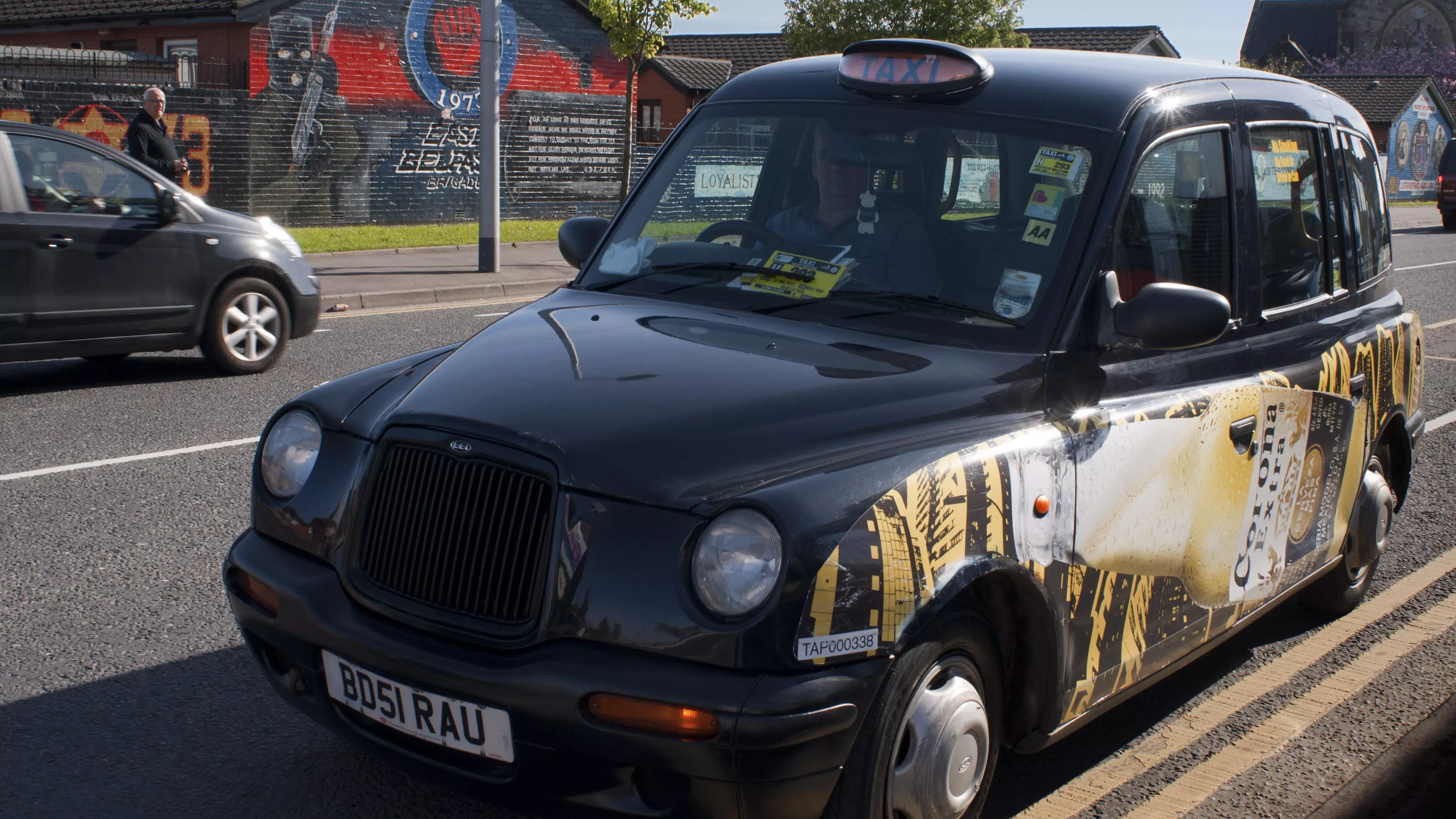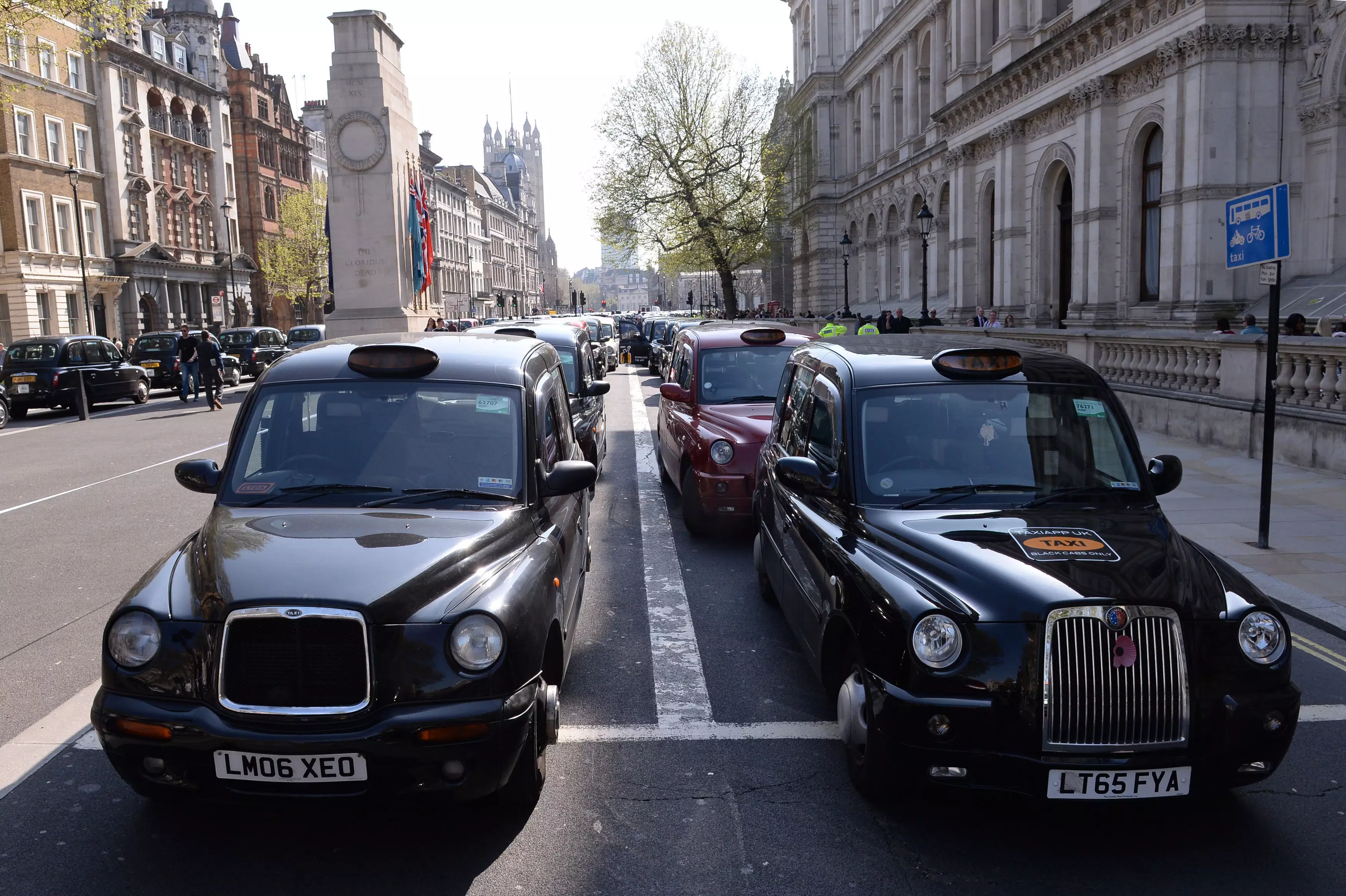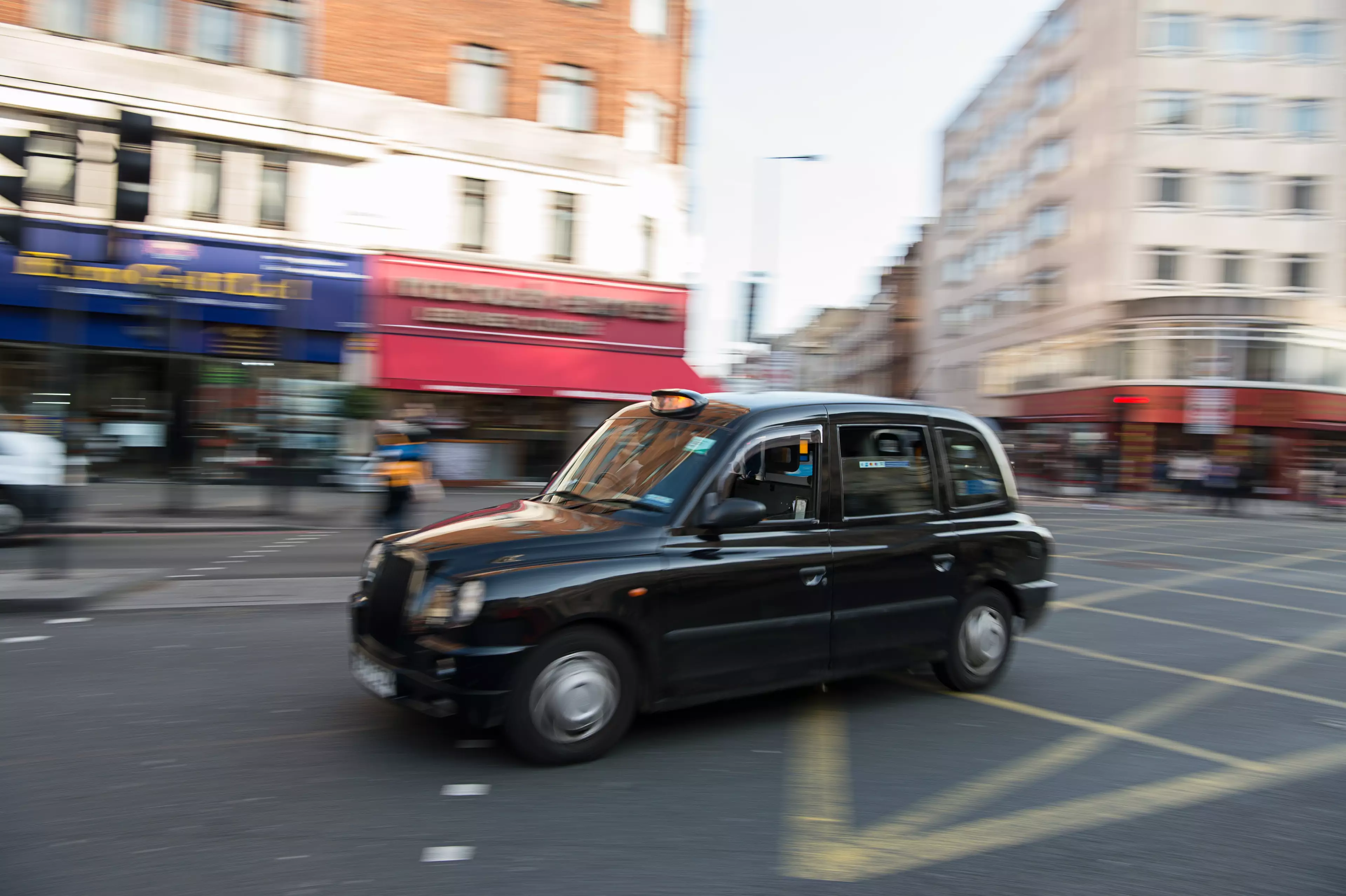
London's iconic black cab is set to get a huge makeover with the production of an electric-powered taxi, due for release this November. London Taxi Company, the firm which has made London's black cabs since 1948, is going to be rebranded as London Electric Vehicle Company (LEVC), and will export a new model able to run for approximately 70 miles before reverting to a petrol engine for distances up to 400 miles.
The cab producer is ditching diesel, a move which will be met with approval from environmental campaigners and those hoping to see improvements in air quality in the English capital. Earlier this year, data from the International Council on Clean Transportation revealed that diesel-powered cars produced ten times the amount of toxic pollution when compared to heavy trucks and buses.

Credit: PA
Advert
LEVC is hoping that its new cab design will be attractive to smog-heavy cities around the world, many of which are pushing to improve air conditions and lower pollution levels. Although it hopes to sell the models throughout the world, the company decided to keep London in its name to reflect its distinct English heritage.
From New Year's Day 2018, Transport for London rules state any new black cab will have to be electric or able to produce zero emissions. With a 15-year age limit taken into consideration, this means diesel cabs are expected to disappear from London by 2032.

Credit: PA
Advert
The company argues that while the initial outlay for the new cabs may be higher, its overall running costs will be lower, with £100 less spent on fuel costs per week. LEVC also says the cars will require less maintenance than current models. Some cab drivers were wary of the move, saying the proposed cost of the new, greener model was still likely to be much higher than the cabs they already drive. Some also worried about the location of recharge points, though the number is expected to be 150 by the end of next year, and up to 300 by 2020. On average, a black cabbie clocks up 120 miles a day, meaning most of their daily journey would be emission free.
The cab itself will feature a touch screen for drivers, mobile recharger points, Wi-Fi and space for up to six passengers, and has a new chrome frame to complement the rectangular frame and circular headlights that have made London's black cabs famous the world over, meaning the contemporary design won't be too dissimilar to the one we know so well.
Sources: the Guardian, City AM
Words: Ronan O'Shea
Advert
Featured Image Credit: PA
Topics: Taxi